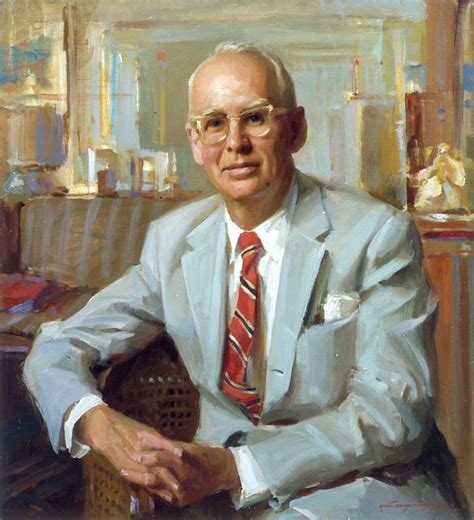A Quote by Timothy Spall
Life is a massive amount of feelings with the occasional profound engagement with intellect. As I get older, I hope the intellect takes over.
Related Quotes
We don't always possess faith in the sense of having a clear embodiment of something to hang on to. The relationship between the intellect and faith is a very curious one. Sometimes the intellect can point us to faith, sometimes the intellect can stand in the way of faith. Sometimes, as St John of the Cross points out, we have to darken or blind the intellect in order to have faith.
Allah, the Exalted, gave the angels intellect without desires, He gave the animals desires without intellect, and He gave both to the sons of Adam. So a man whose intellect prevails over his desires is better than the angels, whilst a man whose desire prevails over his intellect is worse than the animals.

































